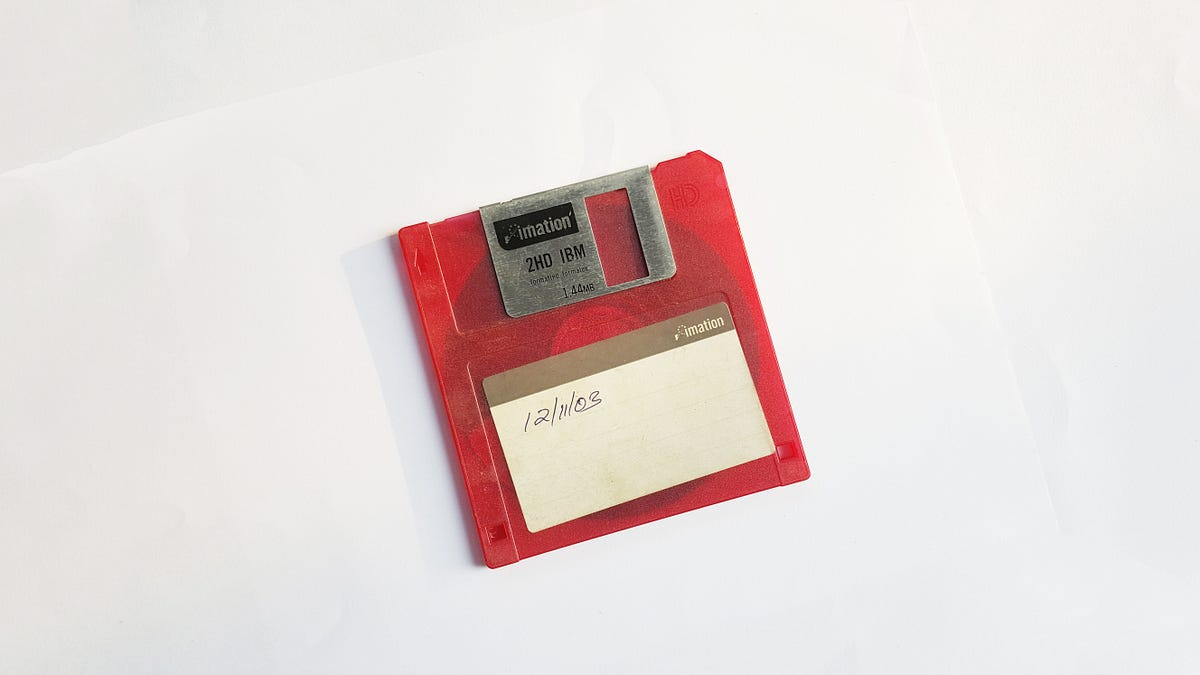As a zoomer that never had to deal with the MS-DOS era this was a very interesting read.
I think anyone who dealt with “extended” vs. “expanded” memory back in the 90’s is already eligible for sainthood.
I vaguely remember when the 386 came out, you could put the processor in protected mode, change the data segment register size to 32 bit, and when you changed back, you could use 32 bit offsets for data. I’m forgetting many details, been awhile!
I was working with optimizing memory on my pentium III lately for when i want to run more arcane dos games, and actually switched video cards because the BIOS on an nvidia card was so big that it was making it hard to map memory to that area… fun times.
Not all of these issues have disappeared, either. Anyone remember this headline from a couple years ago? The bottom 1MiB of memory space on x86 is just a minefield. It’s impossible (like literally impossible) in general to know if certain parts of the address space are actual memory or are some weird part of your motherboard chipset or some other hardware. Windows I think still goes through the “wankery” of depending on chipset drivers to (accurately) know which parts of memory are actual memory.
Thankfully the 16-bit (though actually 20-bit but actually kind of more sometimes kind of but not totally) pains have all gone away. The move to flat 32-bit address spaces was a godsend.
The website wants me to download an app or sign in. No thanks




